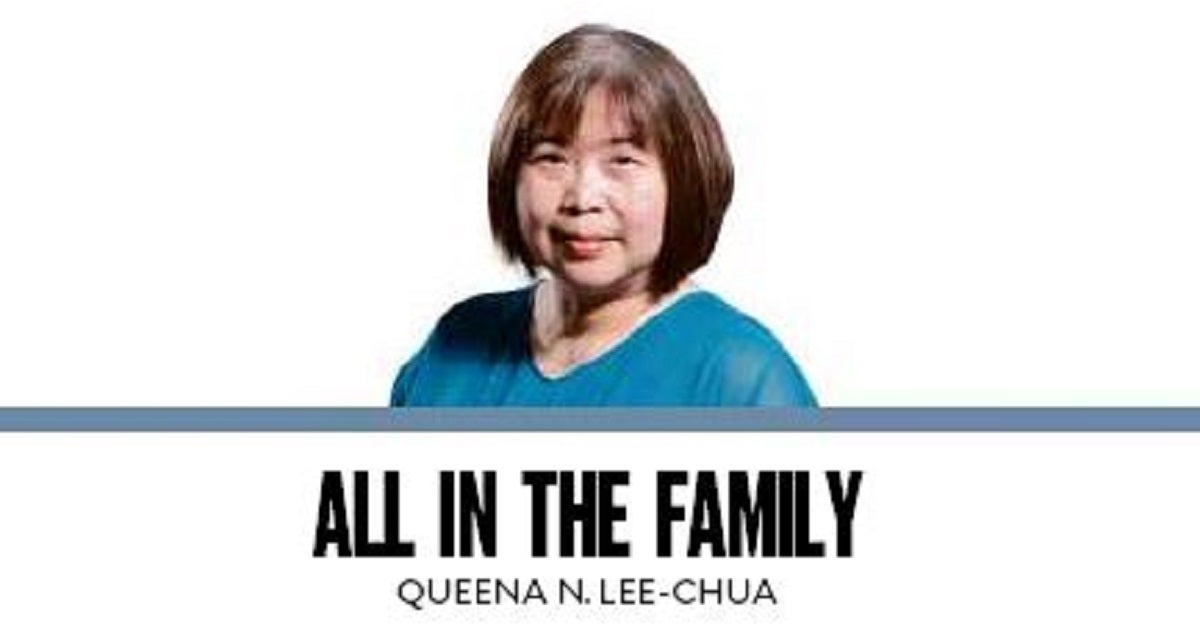The world’s best sushi master

(First of three parts)
In dreams, I would have visions of sushi,” says sushi chef Jiro Ono, the owner of Sukiyabashi Jiro, an unassuming restaurant in the basement of a Tokyo subway station that happens to be the first sushi restaurant in the world to receive three Michelin stars.“Immerse yourself in your work … Fall in love with [it]. Never complain about [it]. Dedicate your life to mastering your skill. That’s the secret of success and is the key to being regarded honorably.”
Chef Jiro was the subject of the documentary “Jiro Dreams of Sushi” by David Gelb. In an interview with Indiewire, Gelb “originally … was going to make a film with a lot of different sushi chefs … but when I got to Jiro’s restaurant, I was amazed by … how much greater [the sushi] was than any other sushi restaurant I had ever been to.”
Sukiyabashi Jiro focuses on creating the highest quality sushi possible. Its only offering is an omakase tasting menu, consisting of 20 pieces of sushi served one at a time. It doesn’t let diners choose the sushi they want, nor does it serve noodles, side dishes, appetizers. On its website, the restaurant discourages talking while eating and taking photos of the sushi so that diners can enjoy the sushi to the fullest and also to keep to the schedule. Indeed, the documentary notes that “for fast eaters, a meal there might last only 15 minutes … [making it] the most expensive restaurant in the world.”
Despite all that, diners flock to Sukiyabashi Jiro. In the documentary, a customer enters the restaurant and asks for a reservation. “Since it’s February now,” says Yoshikazu Ono, Jiro’s oldest son and successor, “we’re taking reservations for March.”
During the filming of the documentary in 2010, Jiro was 85 years old, and had been working as a sushi chef for almost 60 years, 45 of which were at his own restaurant. When it comes to making quality sushi, discipline and work ethic are key—and chef Jiro leads by example.
Says Jiro: “When to quit? The job that you’ve worked so hard for? I’ve never once hated this job. I fell in love with my work and gave my life to it.”
His former apprentice Mizutani says, “When I apprenticed for him, he wasn’t famous yet. But he always worked incredibly hard. He would only take a day off if it was a national holiday. The only time he wasn’t at the restaurant was when there was an emergency, like a funeral. But he would still keep the restaurant open. I would say to the customers, ‘Jiro is at a funeral, so I will be your chef today!’““A great chef has the following five attributes,” says food critic Masuhiro Yamamoto. “First, they take their work very seriously and consistently perform on the highest level. Second, they aspire to improve their skills. Third is cleanliness. If the restaurant doesn’t feel clean, the food isn’t going to taste good. The fourth is impatience … They’re stubborn and insist on having things their own way. What ties these attributes together is passion. That’s what makes a great chef.”
Chef Jiro’s perfectionism reflects in his routine. Daily before sunrise, he goes to the renowned Tsukiji Fish Market, where he would bid, haggle, seek out the freshest tuna, squid, octopus. At the restaurant, he oversees the exacting preparation of each ingredient—the octopus massaged till tender, the prime cuts of sashimi sliced thin, the rice cooked under calibrated pressure. He adjusts the spacing between plates at the sushi bar, saying, “It’s essential to check every detail. What the staff might not notice, I notice because I have been doing it for so long. I give them detailed instructions on what to do.”
Chef Jiro’s work ethic has its downsides. “When the kids were small … on the rare occasion that I was at home sleeping in on a Sunday, [they said,] ‘Mom, there’s a strange man sleeping in our house!’ I would get up at five in the morning and go to work. I would get home … when they’d be asleep. When they were young, I didn’t get to see them often. I wasn’t much of a father. I was … more like a stranger.” INQ
Next week: Sushi as art Queena N. Lee-Chua is with the board of directors of Ateneo’s Family Business Center. Get her book “All in the Family Business” at Lazada or Shopee, or the ebook at Amazon, Google Play, Apple iBooks. Contact the author at blessbook.chua@gmail.com.

















